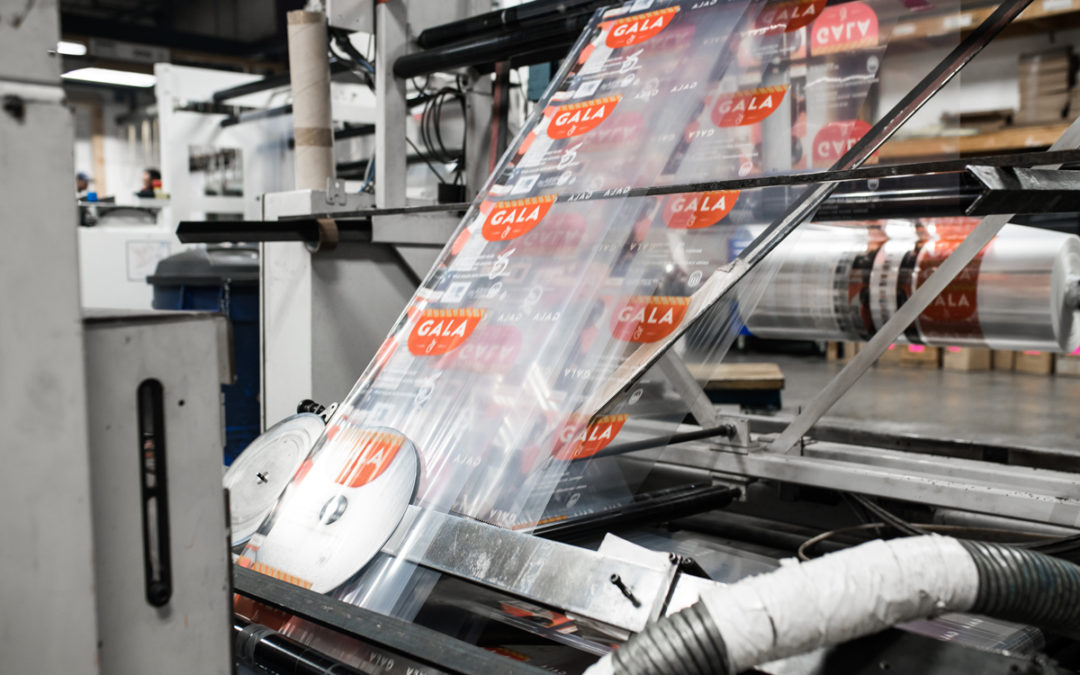Heat sealing poly bags is a great way to create an airtight seal with a neat, finished edge. It’s a cost effective way to package products because it requires no extra material to close the bag opening, just some equipment and the right heat sealable poly bags. Let’s explore what types of poly bags are ideal for heat sealing, and how to heat seal your own poly bags.
What are Heat Seal Poly Bags?
Heat seal poly bags are plastic bags that can be closed using a heat applicator, which fuses the material together to create a complete seal. Materials for heat seal poly bags can be separate pieces that are heat sealed together to establish the edges, or as a layflat tube, which is cut and sealed for products of different heights.
4 Advantages of Heat Seal Poly Bags
Heat seal poly bags are a great cost and time-saving solution to packaging for many manufacturing applications. Some advantages of heat sealing include:
- Effective seal on bags of virtually any size
- Watertight and airtight seal keeps out debris and moisture
- Durable seal protects products during transit and handling
- Clean, finished edge also displays contents in an attractive way
Types of Heat Seal Poly Bags
Almost any type of poly bags can be heat sealed, including polythene, polyethylene, and polypropylene bags.
Low-density polyethylene, in particular, is ideal for making heat seal poly bags. This lightweight material melts at 320 degrees Fahrenheit, which means it can be heated, fused, and cooled quickly after the heating element is removed.
How to Heat Seal Poly Bags
To heat seal your own poly bags, you’ll need to start with the right materials and tools. Order custom poly bags from a reputable supplier and make sure they’re compatible with the heat sealing method you plan to use.
- Heat guns can be used to create an airtight seal on shrink wrap film for produce, parts, and other items.
- Impulse heat sealers apply heat and pressure to the poly bag for just a few seconds using an element wire.
Feed your poly bags into your heat sealing machine, and set the timer appropriately for the density of the material you’re using.
The heat sealer melts the material until it co-mingles together, then sets it into a single, neat seam of plastic. As it cools, the poly material will contract, tightening the seal.
Some heat sealing machines come with attached cutters, which trim the material close to the seal for an attractive finish.
If your facility must accommodate a high volume of heat sealing, consider investing in an industrial heat sealer, which can handle a variety of poly material types and different bag sizes.
Order Heat Seal Poly Bags
Looking for heat sealable poly bags? Talk to the team at A-Pac Manufacturing. We manufacture custom poly bags at no minimum order and with lead times of 2-3 weeks. Give our team a call to learn more about our custom options.

